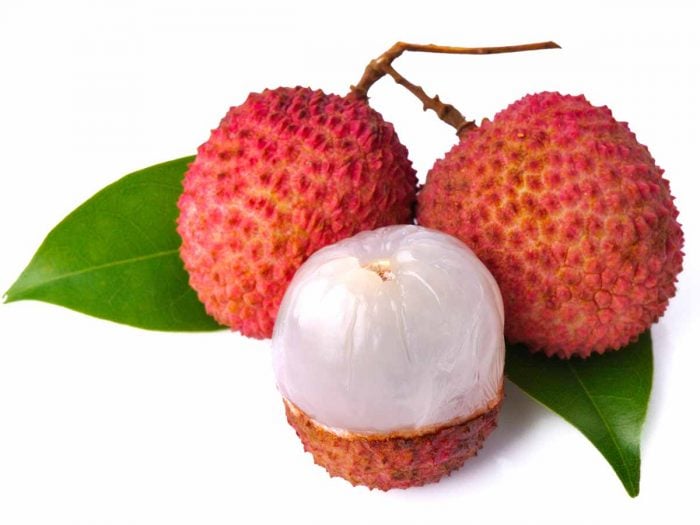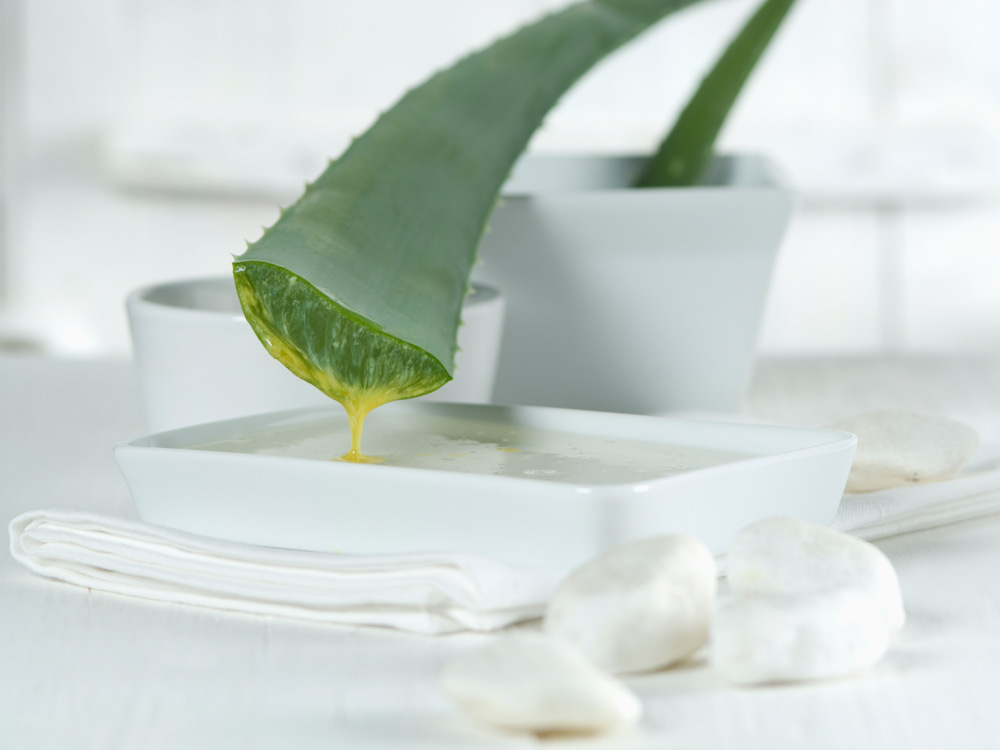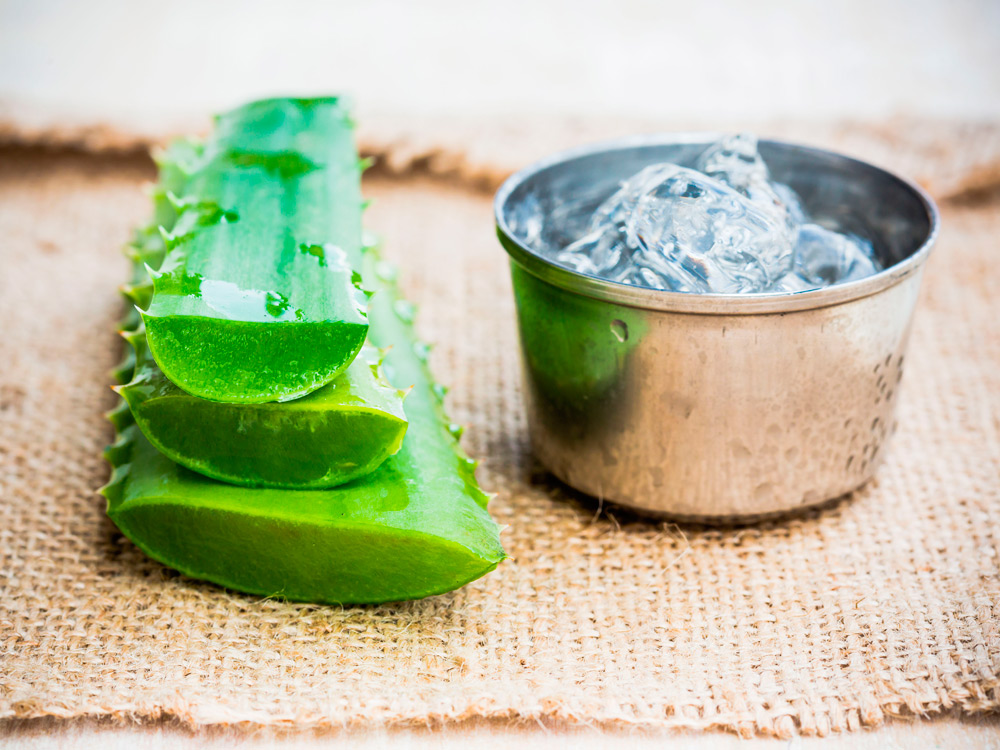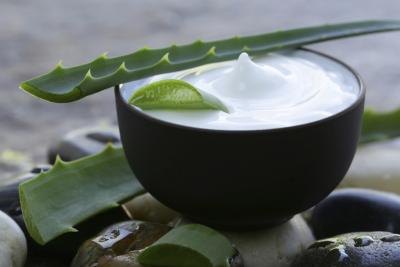BASIL SEEDS BENEFITS
Basil is most commonly used for culinary purposes, but there are many health benefits of basil seeds which can help treat or relieve medical conditions.
Basil seeds are associated with treating or helping with joints and connective tissue (rheumatism), fever (pyrexia), urogenital diseases (gonorrhea and syphilis), stress, respiratory disorders (colds, coughs, asthma, bronchitis), and ear infections (otitis). Other basil seeds benefits include helping the stomach, heart, and minimizing disturbances of menopause.
Any local market or nursery should carry basil seeds with the most common beingsweet basil. If you cannot find the seeds you are looking for at a brick and mortar store, then you can always purchase them online.
Basil Seed Drink
In Asia, basil seeds are often used for medicine and has a beverage. In Thailand, the beverage is sold all over in stores.
The most simple basil seed drink involves soaking the seeds in water (or rose water). After being soaked, the seeds will form a thick layer of gel around each individual seed. Benefits of drinking basil seeds include cooling the body down and helping the stomach and kidney.
A quick way to curb your appetite before or in between meals is to have a basil seed drink. When consumed, the thick layer of gel that forms around the seeds will make you full which will decrease your appetite. When you eat next, you will most likely consume less food, and in turn you can lose weight.
Always remember to keep basil seeds away from small children as it can be a chocking hazard, especially when soaked in water.
Diabetes
Benefits of basil seeds on type 2 diabetes patients has been documented by the Sutter Gould Medical Foundation. Patients who took basil seeds were able to better control their blood sugar levels and reduce food cravings. There is also a claim that those who take basil seeds can control their weight, but this has not been scientifically proven.
Urinary Tract Infections and Kidneys
Take five to seven grams of basil seeds and soak them in water overnight or for at least 12 hours. After soaking, take the seeds, grind them down, and add them to a glass of water with a teaspoon of sugar. Do this twice a day. Within one week, the urinary tract infection should disappear.
Another way to help improve kidney function is to grind basil seeds and mix them with an equal amount of sugar. Take this drink once a day.
Diarrhea
To help treat diarrhea, heat up a small amount of oil in a pan and add one teaspoon each of sweet basil seeds, purslane seeds, and gum arabic or acacia gum. Fry the mixture for ten minutes and mix it with rose water. Take one teaspoon every few hours.
Stress
Basil seeds have been shown to help relieve stress, fatigue, depression, migraines, and headaches. Drinking a basil drink helps calm the body, which in turn helps with your mood and your mental state.
Respiratory Issues
Recent studies show that basil seeds have many benefits towards the treatment of respiratory problems such as colds, coughs, asthma, bronchitis, and the flu. To help with these ailments, boil a glass of water with basil seeds, honey, and ginger.







 Lychee is soft and pulpy, white or pink in color, and the size is usually about 2 inches high and 2 inches wide. They are highly celebrated in countries around the world because of their health and medicinal benefits, which are due to the wealth of nutrients and organic compounds present in this fascinating fruit. However, far more nutrients are present in dried lychee than in
Lychee is soft and pulpy, white or pink in color, and the size is usually about 2 inches high and 2 inches wide. They are highly celebrated in countries around the world because of their health and medicinal benefits, which are due to the wealth of nutrients and organic compounds present in this fascinating fruit. However, far more nutrients are present in dried lychee than in
 There are both sweet and sour pitayas, depending on the species, and the shape and size varies as well. In terms of the most common form of dragon fruit, it is slightly smaller than a cantaloupe, red, and covered in broad spiky growths.
There are both sweet and sour pitayas, depending on the species, and the shape and size varies as well. In terms of the most common form of dragon fruit, it is slightly smaller than a cantaloupe, red, and covered in broad spiky growths.





